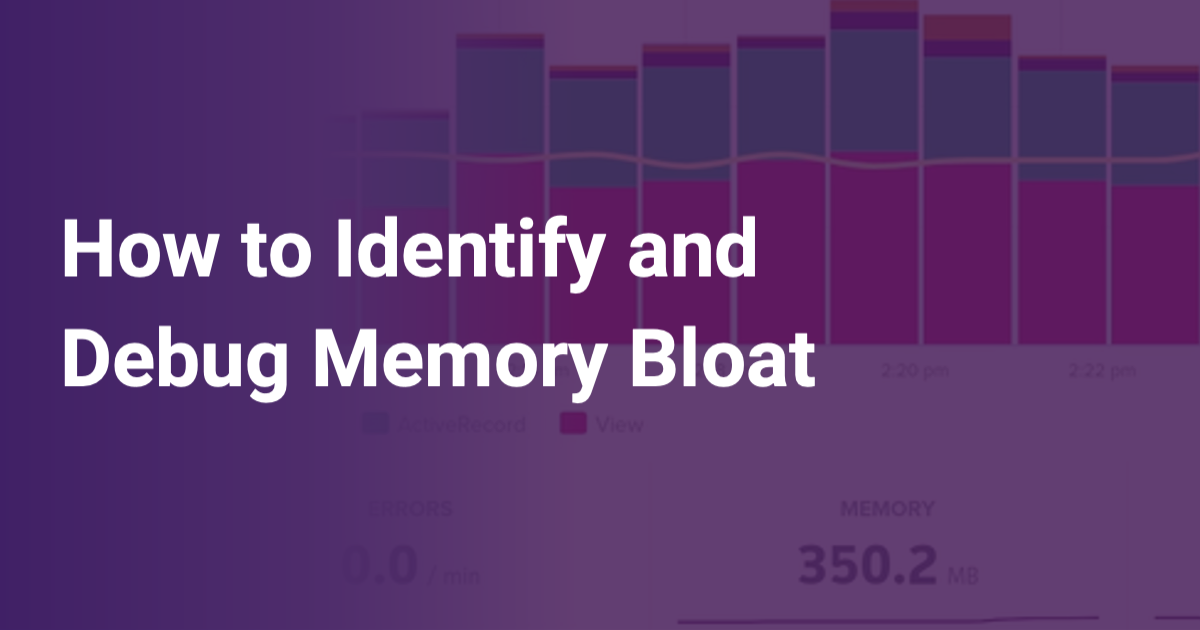 engineering
engineering
The Complete Guide to Microservices
Microservices, also known as microservices architecture, refers to a method of designing and developing software systems. Microservice architecture is becoming increasingly popular as developers create larger and more advanced apps. Read more
 engineering
engineering
3 Ways to Reuse Twig Templates in Symfony
Twig, which is founded by Symfony, is a modern template engine for PHP. Twig template provides us many features like reusing Twig templates, output escaping, debugging templates, etc. Read more
 engineering
engineering
8 Crucial Database Performance Metrics
Key database performance metrics are useful for keeping track of database performance and resources and optimizing them for your organization. Doing so enables you to create and maintain quality and high availability (HA) enterprise application infrastructure that reaps tangible results. Read more
 engineering
engineering
Ractor: Ruby’s Version of the Actor Model
Ruby 3 introduces an experimental feature called Ractors (previously known as Guilds) which is set to fix all your concurrency woes. Read more
 engineering
engineering
Set up a CI/CD Pipeline with Cloud-Native Tools
In this post, we will look at what CI/CD and cloud-native essentially mean. We will also explore several cloud-native tools that you can use to set up a fully automated CI/CD pipeline for your application. Read more
 engineering
engineering
How Common Application Issues Kill Performance
As web applications scale and grow, several performance-limiting factors start coming into the picture and make things difficult. In this post, we’ll take a closer look at some of the most common application performance issues, and try to understand why they happen, and how they can be tackled. Read more
 engineering
engineering
Types in Ruby 3: New Features Explained
Ruby just got a new typing system - RBS. Just like you, we can’t wait to explore the wide range of possibilities that it brings. Read along as we dive deeper into one of the striking features of the latest update to the Ruby language. Read more
 engineering
engineering
How to Identify and Debug Memory Bloat
With growing audiences and faster speed and data retrieval expectations, memory issues pose a huge threat to performance and can lead to huge losses in terms of customers and money. Therefore, it's important to build memory-efficient applications that ensure overall performance and customer experience. Read more
 engineering
engineering
How (and Why) to Use Ruby Enumerators
Enumerators are present everywhere throughout the Ruby language, and with the addition of the Enumerator class in Ruby 1.9, enumerators have become all the more important. Read more
 engineering
engineering
How To Detect and Prevent Memory Leaks
A memory leak is the gradual loss of available computer memory when a program (an application or part of the operating system) repeatedly fails to return memory that it has obtained for temporary use. Read more

